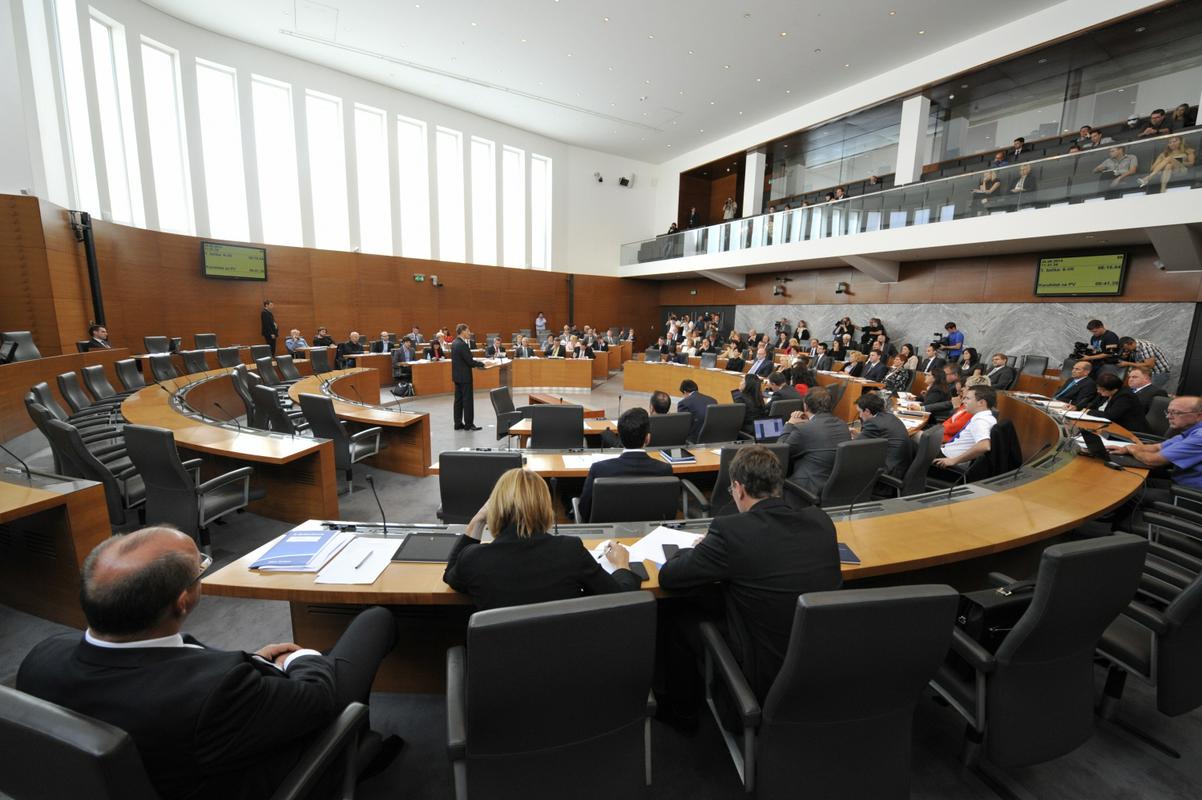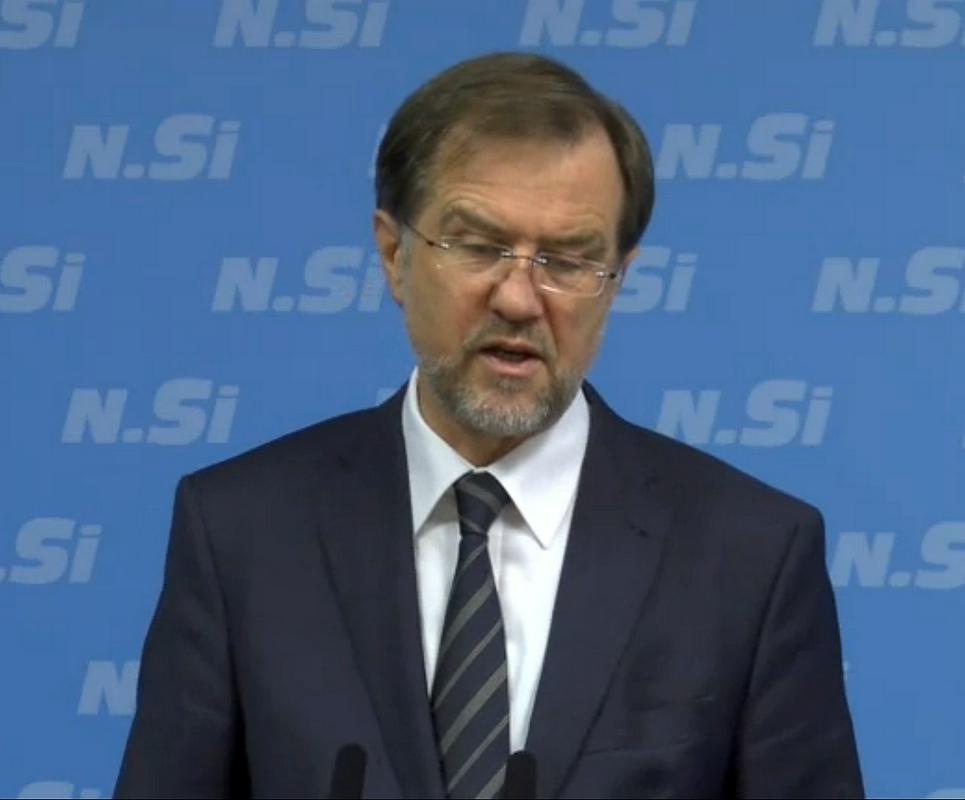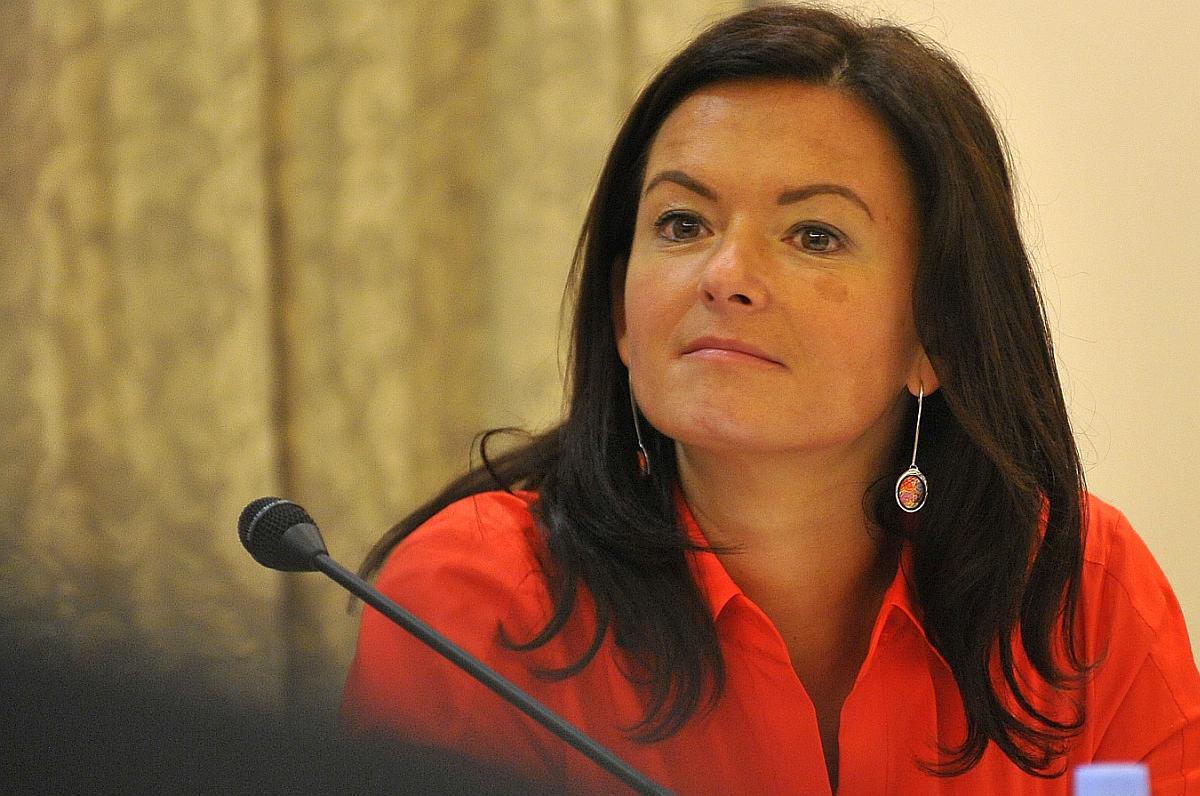


Ahead of this year's Europe Day, which coincides with the 70th anniversary of the end of World War Two, Slovenia's politicians still have dividing views on the country's history. At the ceremonial session at the National Assembly, MPs also touched on the issue of reconciliation.
Europe Day on May 9th marks the 70th anniversary of the end of World War Two. Slovenia's National Assembly honoured the anniversary with a ceremonial session of the Parliamentary EU Affairs Committee. At the sidelines of the session MPs were still divided on the issues of reconciliation, unification, the views on history and the sense of belonging to European values.
Divided celebrations
At the sidelines of the ceremonial session Patricija Šulin, an MP of the opposition SDS party, stated that apart from all the positive things the EU has given us, one of the greatest values it has brought are the 70 years of peace. She said that every crisis leads to a distrust in politics, which is currently being manifested in form of euroscepticism. Sulin added that putting an emphasis on Europe's values is important not only during holidays, but also in schools.
Patricija Sulin continued to say that real reconciliation is needed in order for right and left leaning parties to start holding joint ceremonies. She added that such reconciliation will only be possible when all the victims, which lay in ditches, will be laid to rest. "When we face those wounds, which have already taken root in all of us, then we will be able to understand the meaning of reconciliation and freely sit together at a table, without any prejudice," explained MP Patricija Šulin.
A revolution and unhealed wounds
MEP Lojze Peterle, a member of the New Slovenia NSi party, said that at that time the difficulty was that we not only had a struggle against the occupying forces, but revolution as well. A revolution which has left behind many unhealed wounds. "We cannot celebrate the revolution together. We can celebrate the victory against the occupying forces, but we can't celebrate the things which divide us. We would have to overcome ourselves and know how to put the last century in the past. We would have to come to an agreement regarding our relationship to the past in a European way," Peterle is convinced. He also said that we would reflect on the things that connect us next month, when we celebrate Statehood Day and the country's democratization.
A reflection on the future
MEP Tanja Fajon, a member of the SD Social Democrats, says these kind of anniversaries are important for us to consider what Slovenians have achieved. "Peace, which is not self-evident, and the fact that we have a free and safe country". She added that Slovenians should connect more and make better use of their voice in Europe. Fajon continued to say that the crisis in Europe has seriously shaken its social and moral values, and calls for a reflection on the future.
"We have to respect history and not change it. We should leave the not yet known to historians. The responsibility of politics is to improve people's lives," is what Fajon said about the divisions from the past. She also expressed her wish for the country's politicians to come together.
The young not that interested in reconciliation
Kamal Izidor Shaker, a member of the SMC Modern Center Party, highlighted that freedom wasn't given to us on a plate, but that we fought for it, and that 11 years ago we decided to join the EU. Regarding the issue of reconciliation, the MP stated that the young are increasingly less interested in it. According to Kamal Izidor Shaker, a step in the right direction would be the proper burial of all the victims and righting the injustice of the oppressed. "It is right to be aware of history, but we have to unite and reconcile. On the basis of history we look towards the future," he concluded.
The need for a unified view on history was also highlighted by Jana Jenko, a member of the Pensioners' Party DeSUS. She is convinced that each side has to give in a little and admit its mistakes. A need for unification is also needed regarding Europe's values. She also reminded of the crisis in Europe. She concluded that the improving situation instills optimisms that Europe is not as weak as some like to say.

































































